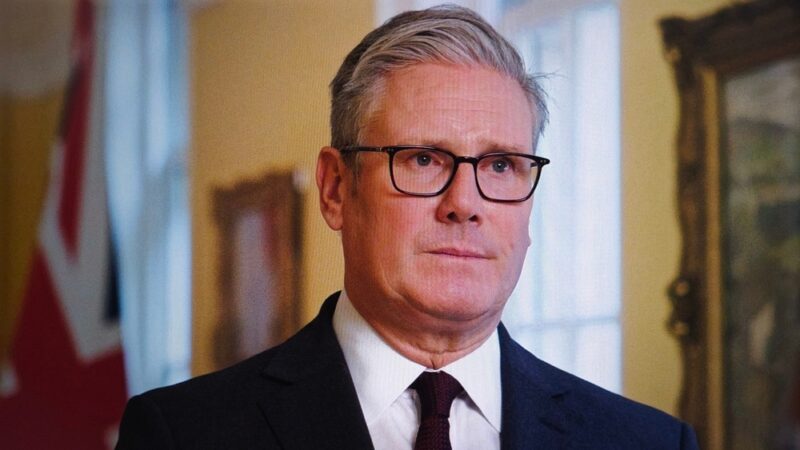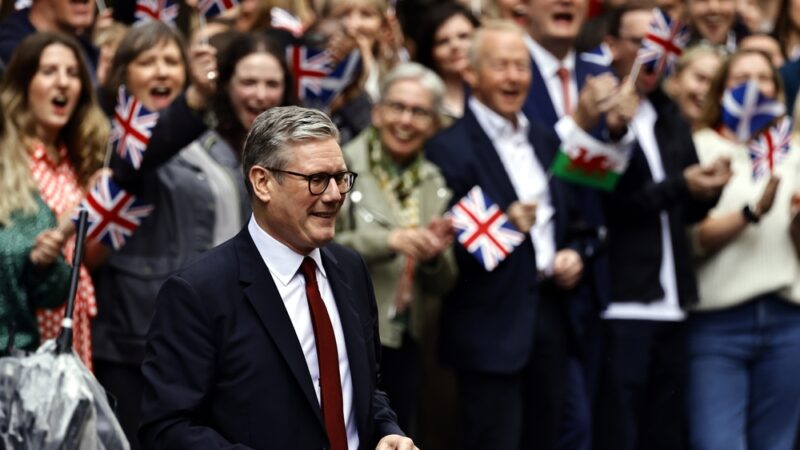Rachel Reeves announces 2025 budget
Chancellor Rachel Reeves has announced a budget that will raise an estimated £26 billion a year by the end of the parliamentary term, while introducing measures intended to ease living costs and reduce child poverty. The package represents a significant shift in the government’s approach to taxation, and has already triggered political controversy.
The most substantial revenue measure is a three year extension of the freeze on income tax thresholds, now set to run until 2031. As wages rise over time, more people will be drawn into higher tax brackets, increasing the overall tax burden on middle-income earners. Forecasts suggest the change could pull around 1.7 million additional people into higher tax bands and generate billions in extra revenue.
Other tax rises include a new annual levy on high-value homes worth more than £2 million, increases to taxes on savings, dividends and property income, and limits on the use of salary sacrifice for private pension contributions. The government says these measures will ensure that those with what it calls the broadest shoulders contribute more.
At the same time, Reeves announced a number of policies designed to support household finances. Rail fares will be frozen for the first time in three decades, the minimum wage will rise and levies on household energy bills will be cut. The government will also scrap the two-child limit on welfare benefits, a long-debated policy that restricts support for families with more than two children. Ministers say the change will lift hundreds of thousands of children out of poverty.
Reeves acknowledged that parts of the budget break the spirit of promises made during the 2024 general election campaign, when Labour pledged not to raise taxes for working people. She argued that economic conditions have forced difficult choices and that no credible and fairer alternative has been put forward.
The budget comes at a time of economic strain. Although the United Kingdom experienced a period of stronger growth earlier in the year, performance has weakened again and public finances continue to feel the effects of the global financial crisis, the pandemic, international conflicts and the long-term impact of Brexit. High inflation has added pressure on household budgets, increasing political urgency around cost-of-living support.
The announcement was overshadowed by the early online publication of the full fiscal forecasts from the Office for Budget Responsibility less than an hour before the Chancellor delivered her statement in Parliament. Reeves described the release as a serious error by the independent watchdog. The OBR said the incident was caused by a technical problem and has pledged to investigate.
Political reaction has been sharply divided. Supporters of the government say the budget reflects fiscal responsibility by strengthening the reserves needed to withstand future economic shocks while addressing rising poverty. Some economists have praised the Chancellor for increasing the financial buffer available to the Treasury.
Opposition figures argue that the package is a failure and accuse ministers of burdening workers with stealth taxes to pay for additional welfare spending. They claim the government has broken trust with voters and warn that middle-income households will feel increasingly squeezed.
The stakes are high for Prime Minister Keir Starmer and his government, which has faced internal criticism and falling poll ratings since taking office. Labour insists that the measures announced will support economic stability, encourage growth and deliver help where it is most needed. The next general election is not due until 2029, giving ministers time to try to demonstrate the benefits.
Whether the strategy succeeds will depend on the economy’s performance over the coming years and how households respond to the balance of higher taxes and expanded support. The political fortunes of the government may rest heavily on whether voters believe the trade-offs were fair.
You can read the budget in full here.
Unless linked, headlines are front pages on 27/11/2025.
Reeves’s tax-raising budget is crash-landing on an economy that is struggling for growth
With a smirk that says if you work hard and save prudently I’m coming for you, Reeves launches 43 tax rises in spiteful raids on strivers – to lavish billions on Benefits Street
The Caring Chancellor:
Budget with a Labour heart
- Axe to two-child benefit cap will lift 450,000 out of poverty
- Mansion owners and online gambling firms hit with tax hike
Daily Mirror
‘A budget for Benefit Street paid for by working people’
Daily Express
We just witnessed the death of the Labour Party
The Benefits Street Budget
The Sun
Rachel Reeves’ Budget raises UK tax take to all-time high
High welfare, high tax
- Reeves announces £30 billion of tax rises
- One in four workers will pay higher rate
- Salaries to have stagnated for 22 years
The Times
















